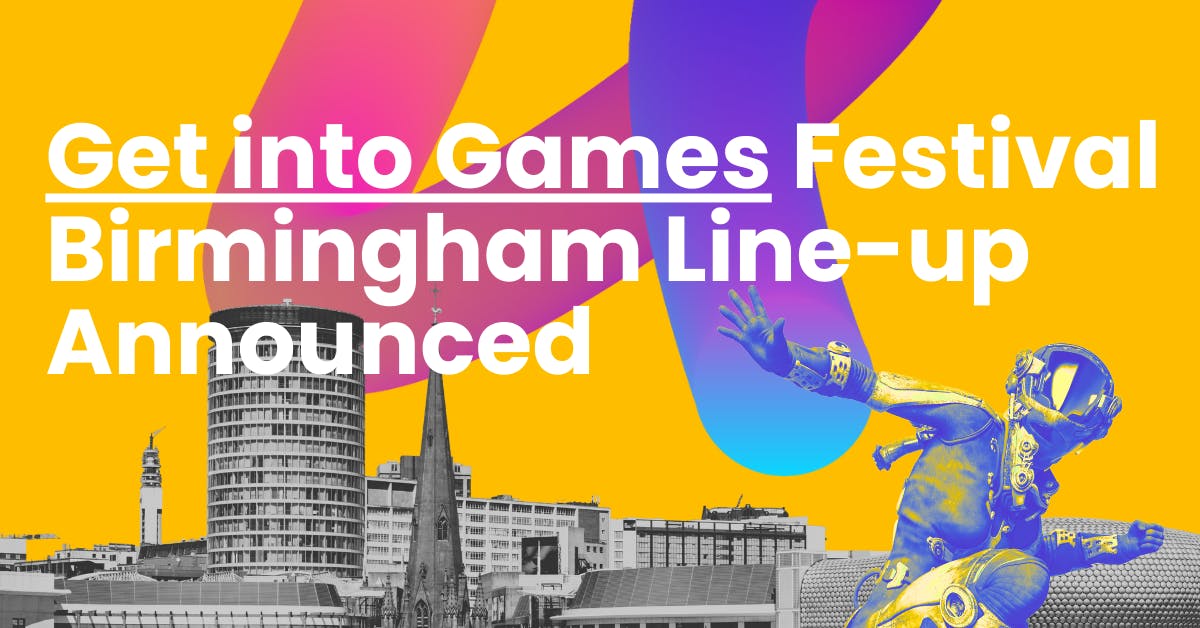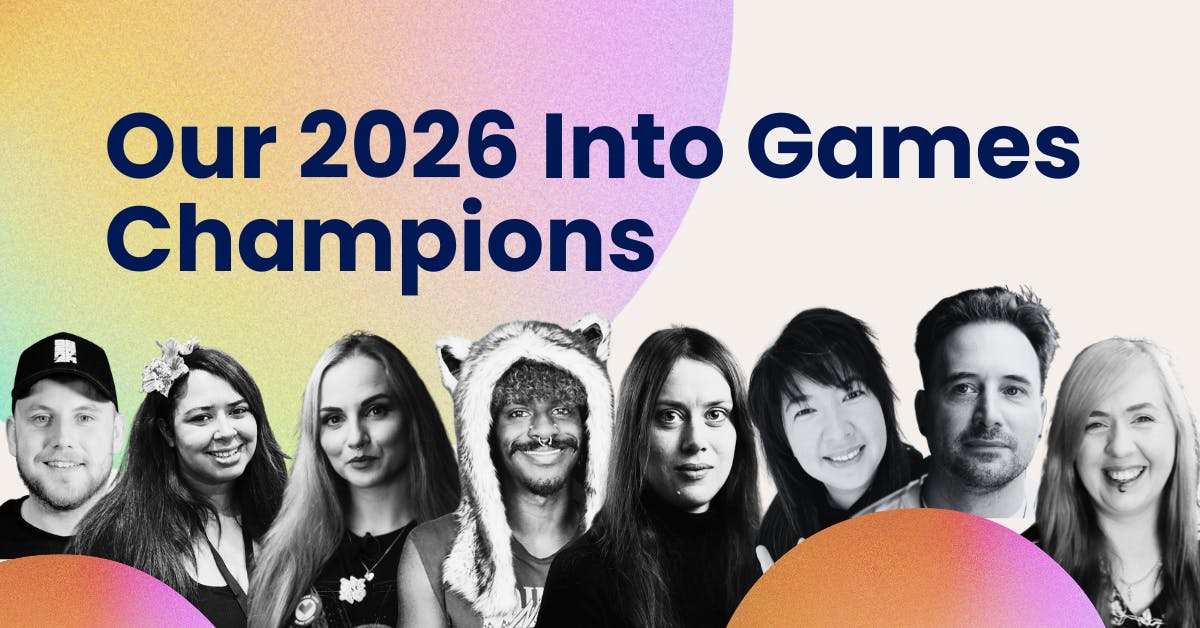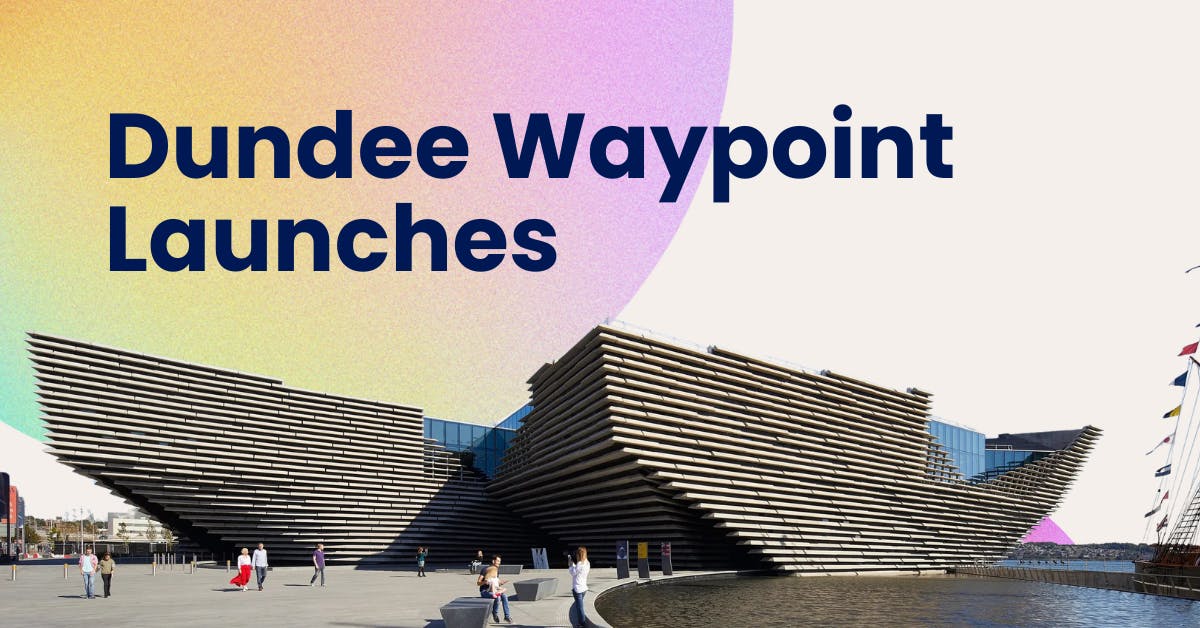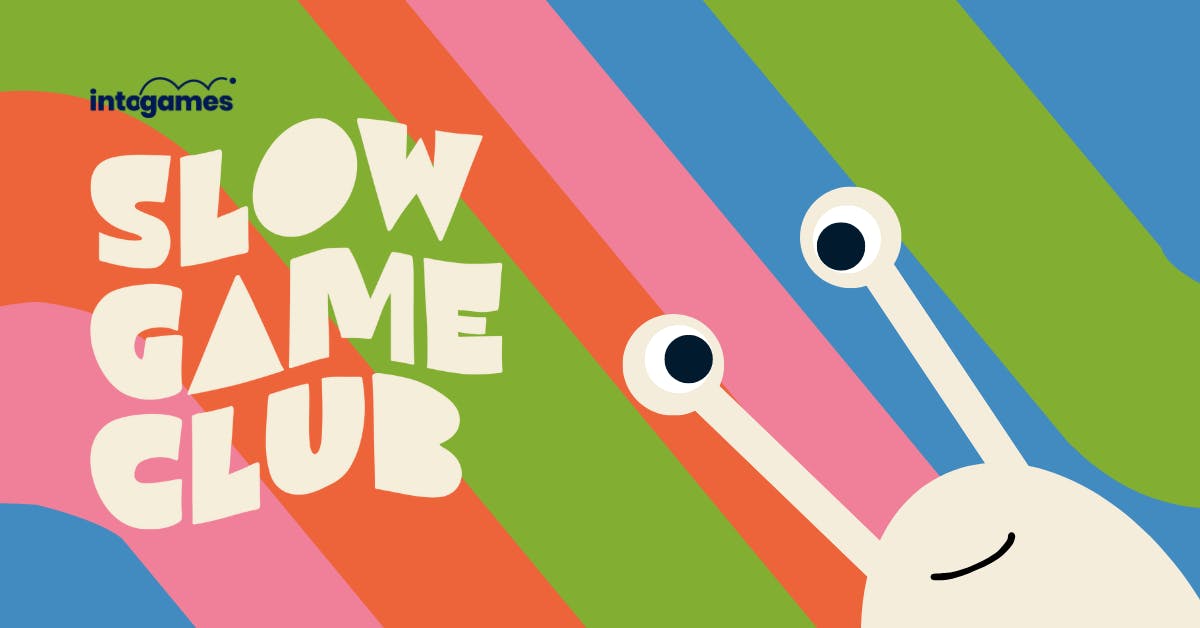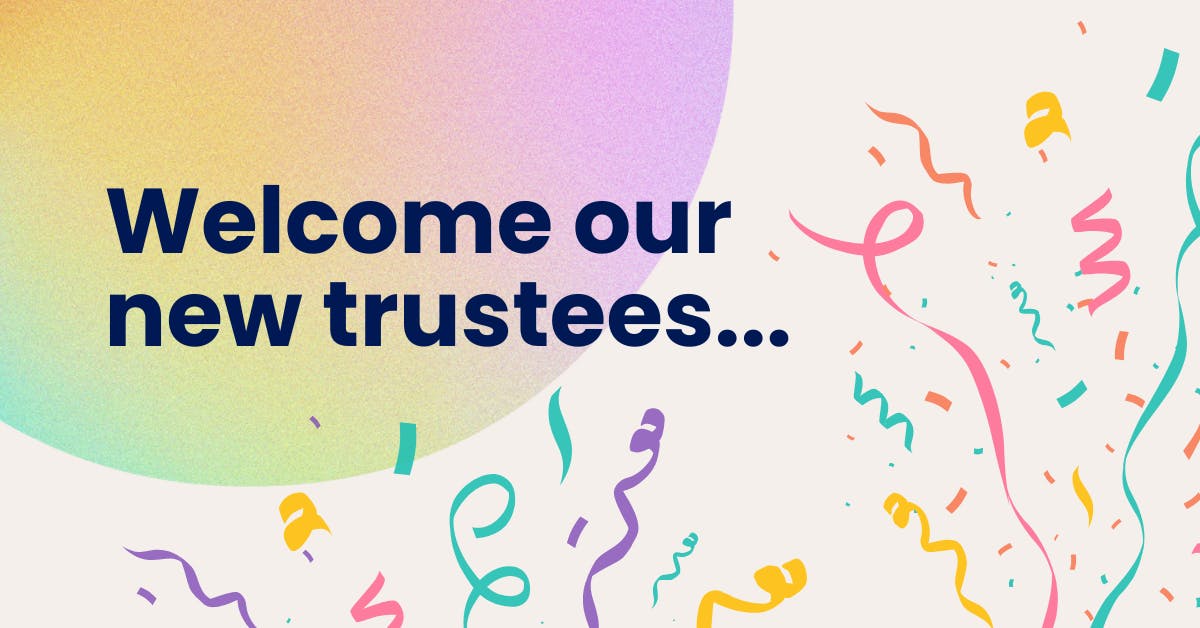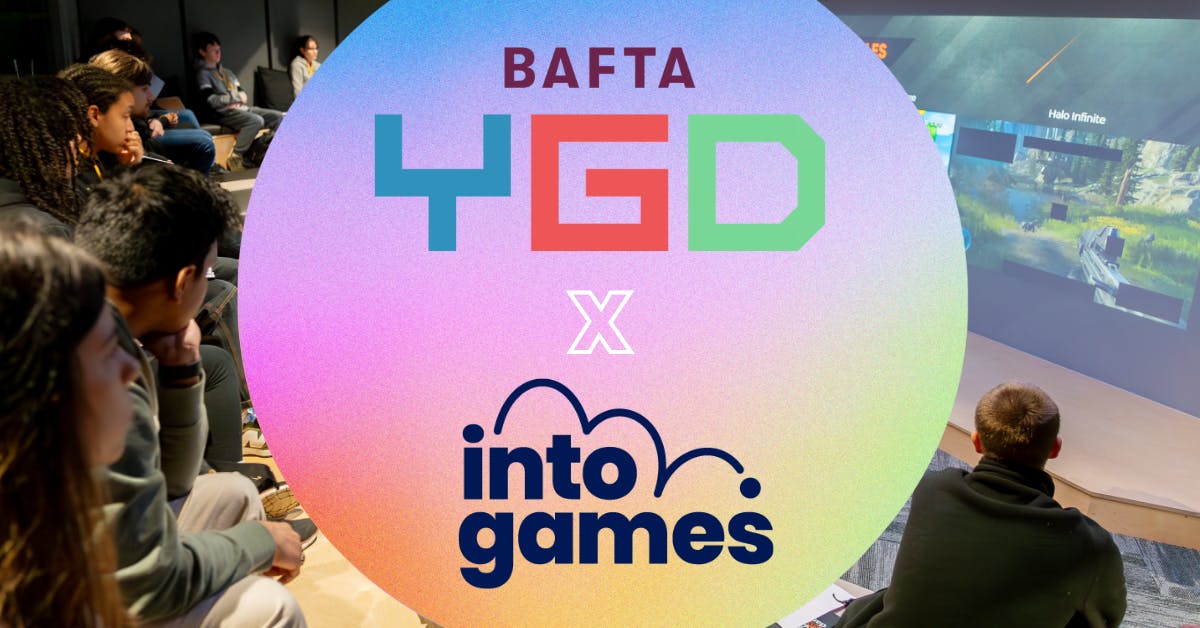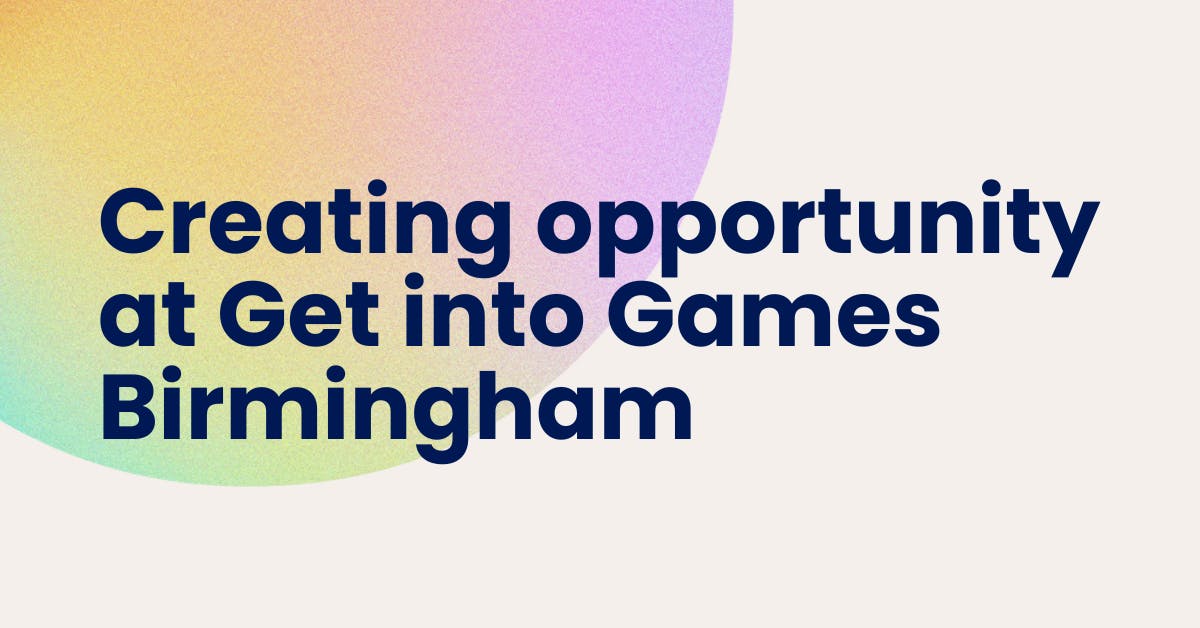
7 October 2020
What does an Economy Designer in games do?

Harry Ashton is a Junior Economy Designer for award-winning game studio Neon Play, working primarily on idle games, a growing genre in the mobile games industry. Their latest game is Idle Egypt Tycoon, which launched in September. We asked Harry, some key questions about getting into the games sector.
Explain your role like I'm 5 years old
Economy design is primarily about numbers and how the player's experience is shaped by them. It's mostly concerned with buying/earning mechanics - e.g. how much gold the player earns, where they earn it, how often, and what they can spend it on. These mechanics constitute the game's 'economy'.
However, it's not just a case of deciding numbers. For instance, knowing a sword costs 100 gold is meaningless unless you know how long it takes a player to earn 100 gold. Economy design is about creating a design framework that can quantify the player's experience using common-sense concepts (like the time taken or the number of actions required to do something) so that you can predict how players will play, anticipate problems with gameplay, and resolve them quickly.
Not all games require an economy designer, because not all games have big or complex economies, or ones that have fundamental effects on their pacing or difficulty. Economy designers are important for many free-to-play games especially, as these games must push players towards using in-app purchases, without making it impossible for unpaying players to progress.
Take us through your average day at work
The day starts with a few meetings to discuss each of the games currently in development, and how each team member is progressing with their work. If we've recently released a game or a game update, we might discuss things like user feedback, user data, or bug reports, and how we can make improvements based on these.
The bulk of my time is spent working in spreadsheets, where I'll update and build on the games' metadata (where all the numbers and gameplay variables are stored). Creating new data will involve discussion with the programmers to make sure the data is structured optimally for being read by the code.
Once data changes are implemented, I'll playtest parts of the game to check that the numbers are imported correctly, and that they're working well gameplay-wise. It's rare that the first set of numbers work, so at that stage I'll make changes and retest, and repeat until I'm satisfied with the balance.
Throughout the day, I'll discuss progress and plans with the team, and feedback on progress that has been made. For new games, I will be involved in any design discussions, and will be partially responsible for developing new mechanics based on specific themes or goals.
What was your educational and career journey into your current role?
I studied Maths and sciences at A-level. At that point in my life, I knew I wanted to make games for a living, but assumed that all I'd need to do to get into the industry was get a degree, even if that degree was completely unrelated to games. For that reason, I ended up doing Natural Sciences at university, which I realised in my second year wasn't going to give me the skills to become a game designer.
I made the difficult decision to leave that course, and started a joint honours degree in Games Design and Creative Writing. Above all else, this gave me the perspective on what it actually took to be a game designer, and what I could do to improve. In my second year there, I discovered numerical design as both an interest and a possible niche for me to pursue in my career. This led me into my current role.
What do you love most about your role?
I'm a big maths nerd, and there's a surprising amount of maths and statistics that can be applied to designing game economies. I'm working on a few experimental economies at the moment, and the design process is a lot like building a scientific model that's constantly being tested and refined.
That - to me at least - is really interesting. Working in a small company, there's also a lot of freedom to see and contribute to other aspects of development. I enjoy giving feedback on new art that's added to the game, or learning more about the game development process. I also enjoy helping come up with new game mechanics.
What's the hardest thing about your role?
One of the biggest challenges is interpreting player data. In the mobile games industry especially, you get a lot of players playing your games, but far fewer leaving you comprehensive written reviews on what's good and bad, so we're reliant on indirect measures to give us an understanding of how our games are performing.
These measures are good at answering 'what' questions - like what percentage of users are engaging with a feature - but not 'why' questions. The data isn't going to tell you outright what motivated players to buy something, for instance. This makes it difficult to figure out exactly what's responsible for the results (positive or negative) we get, and can lead to some tail-chasing when trying to improve player engagement or revenue.
What key skills should people work on to do your role one day?
For any subdiscipline of design, you need good verbal and written communication skills. You also need the confidence to both give and take criticism effectively, and not be too attached to your ideas. Lack of practice in any of these things can lead to long or circular debates that slow the whole design process down.
For economy design specifically, knowing your way around Microsoft Excel (or Google Sheets, which is basically the same as Excel) is important. Some economy designers also perform data analysis, so experience with SQL and sometimes Python may be required. Failing that, a knowledge of software like Game Analyticts will be helpful. For learning new software, I'd recommend taking an online course. Udemy courses are very good, in my experience.
A good grasp on basic maths and algebra is essential for economy design, though you'll be advantaged if you know more. If you've studied maths and statistics at A-level, I imagine you'll have all the maths you need for the vast majority of economy design roles.
When you're working in spreadsheets, you'll be writing formulae as much as you'll be writing numbers directly into cells. There are a lot of similarities between writing formulae and writing code, so learning a programming language like C# can be a useful transferable skill. Additionally, being able to code games as well as design them will be a testament to your commitment, and expose you to the minutiae of game development.
What advice would you give to your younger self looking to get started in the industry?
Listen to and trust the advice of professionals in your industry. When you're young or just beginning your journey as a game designer, you may have a tendency to believe you're the exception to a rule, or not take advice to heart because it seems difficult or unimportant. As you listen to more industry professionals, you'll notice that they often say the same things, things like "make lots of games", "play lots of games" or "network". This advice applies to everyone, and shouldn't be ignored.
Do you have any links to good articles or videos that you think might give some tips or advice to someone starting in your role?
Two introductory articles:
How To Build A Smart Game Economy
The Rising Need for Game Economy Designers in Freemium Mobile Games
An example of the process of building a basic economy:
Practical Design: Game Economics Part 1
An interesting video by Extra Credits about MMO economies. Extra Credits post a lot of informative videos about different game roles:
MMO Economies - Hyperinflation, Reserve Currencies & You! - Extra Credits
Stay up to date
It's time to level up your inbox
Pick which newsletters you're interested in receiving, and customise further by specifying a discipline.
Join our mailing listTell me more
